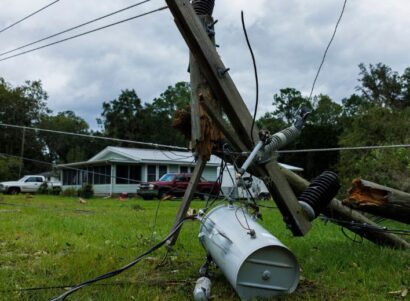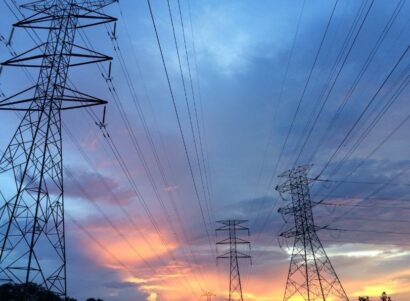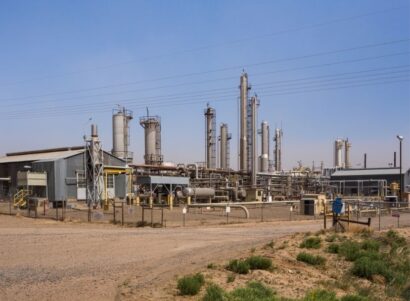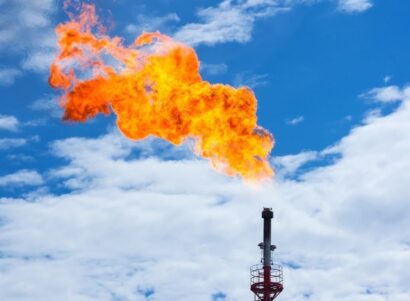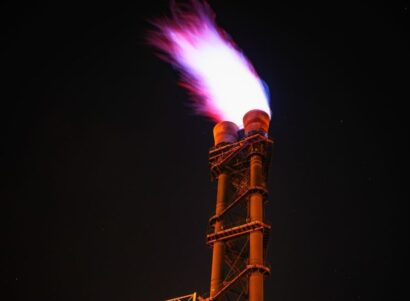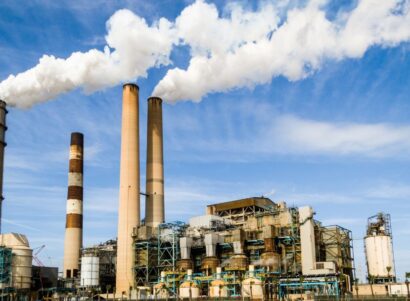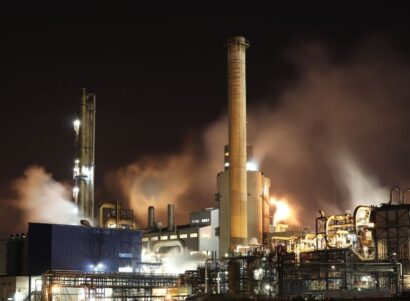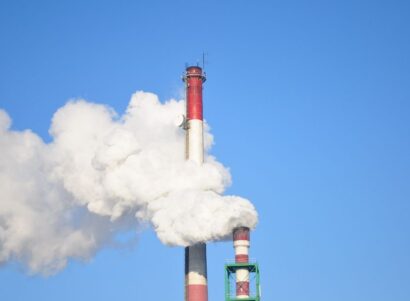Our Work
Decades of discriminatory policies have left many Americans without access to affordable or reliable energy. Low-income communities and communities of color often face the greatest disparities, spending larger shares of their income on energy and yet receiving less reliable service. At the same time, these communities often experience disproportionate public health impacts from existing energy systems, face barriers to adopting clean alternatives, and are at the greatest risk from climate impacts.
Our work on energy equity focuses on improving equity through the clean energy transition. Using a range of indicators—such as energy affordability, energy resilience, and cumulative socioeconomic and environmental burdens—we evaluate how energy systems and policies impact communities. Through this work, we frequently partner with community members, government agencies, academic institutions, and others to design research that is accessible, actionable, and applicable to real-world challenges.

Access Our Work
Search our peer-reviewed studies, technical reports, and other works.
@PhySciEng
Stay informed!
Join our email list to receive updates
on PSE's work and news.
